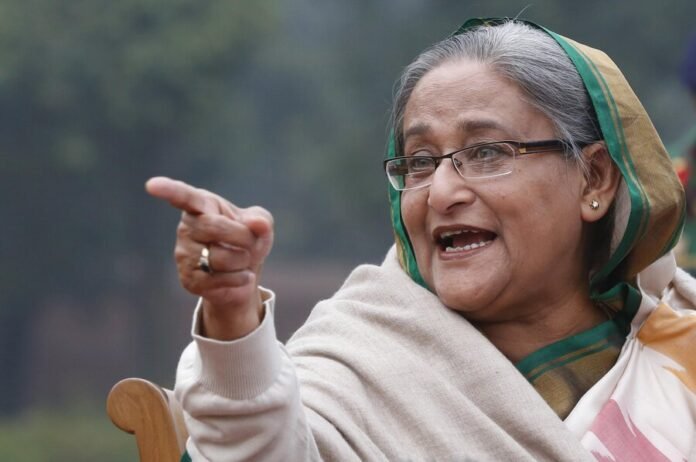After a student-led rebellion, Bangladesh’s former Prime Minister Sheikh Hasina departed four weeks ago, putting India in a diplomatic bind. India is in a precarious position after Hasina’s 15-year leadership, which was marred by rights abuses and opposition suppression.
India must balance hosting the 76-year-old leader. Extraditing Hasina might damage India’s relations with other South Asian nations and its strategic confrontation with China. India’s history with Hasina’s government, which protected Bangladesh’s Hindu minority, complicates matters.
According to International Crisis Group’s Thomas Kean, “India is not going to extradite her to Bangladesh.” The fact that the India-Bangladesh extradition pact allows denial for “political.” causes the issue to worsen.
Muhammad Yunus, a Nobel laureate, is in charge of Bangladesh’s interim government, which Prime Minister Narendra Modi supports. Modi has asked the next administration to protect the Hindu minority, which has been persecuted since Hasina left. The Bangladesh Nationalist Party (BNP), which opposed Hasina, wants India to reconsider its diplomatic approach.
Indian former ambassador Pinak Ranjan Chakravarty says the bilateral relationship is too important for Dhaka to actively demand Hasina’s return. As Hasina remains in India, her exile’s diplomatic effects affect India’s regional influence in its strategic rivalry with China.
Image Credit: https://www.csmonitor.com/World/Asia-South-Central/2024/0805/Sheikh-Hasina-Bangladesh-Prime-Minister-protests



